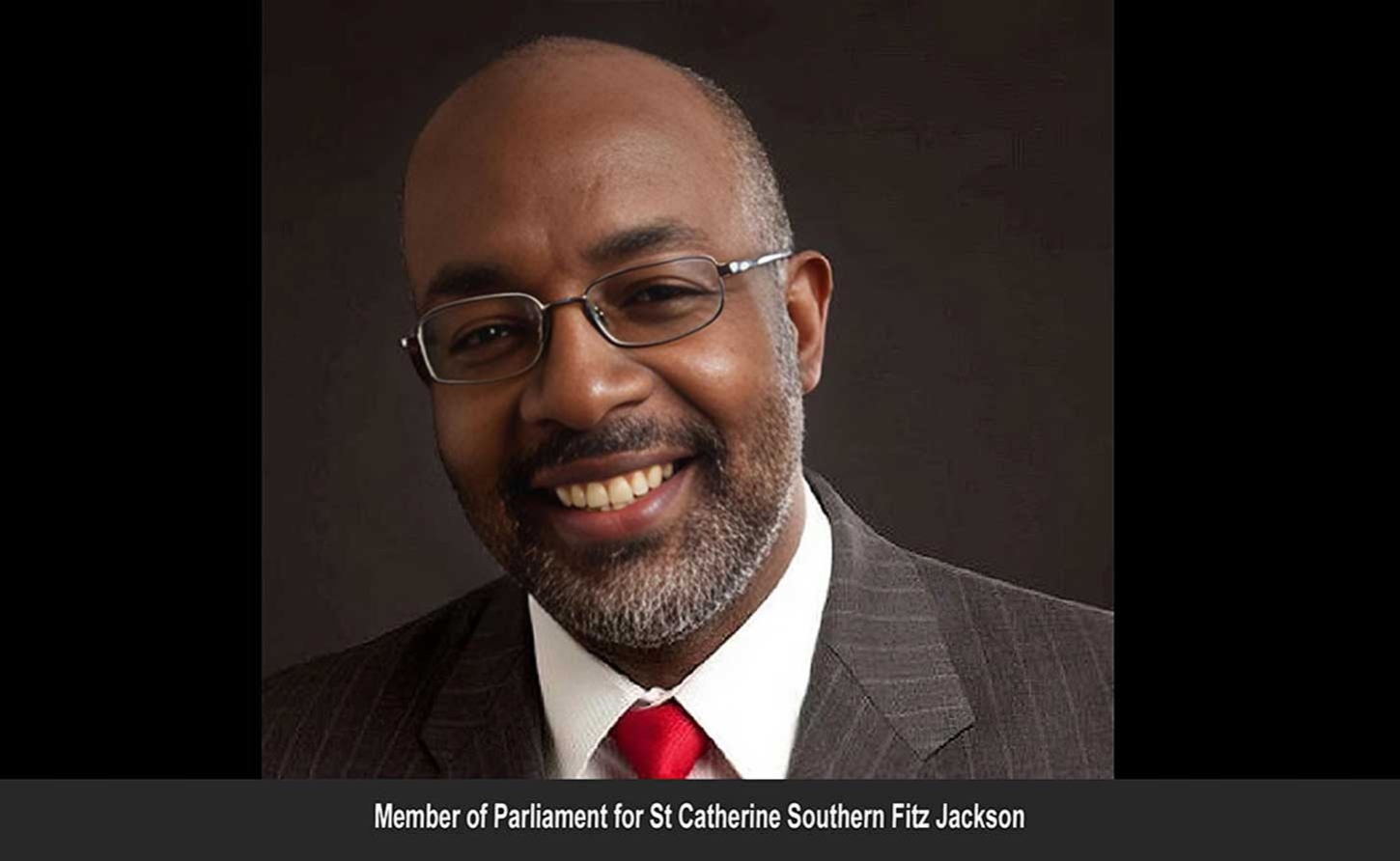JAMAICA | PNP MP Fitz Jackson Vows to Appeal Court Ruling on Scotiabank's Encashment Fees

KINGSTON, Jamaica, November 16, 2024 - - In a significant ruling that could have far-reaching implications for banking practices in Jamaica, the Supreme Court has dismissed Opposition MP Fitz Jackson's challenge against Scotiabank's controversial cheque encashment fees. The parliamentarian has immediately announced his intention to appeal the decision.
Justice Crescentia Brown Beckford delivered a summary judgment Friday, finding that Scotiabank's practice of charging encashment fees does not violate either the Bills of Exchange Act or the Banking Services Act. The ruling, while favoring the banking giant, highlighted the complex intersection of banking regulations and consumer protection.
Jackson's legal challenge stemmed from a May 2019 incident at Scotiabank's Portmore branch, where the seven-term lawmaker was required to pay a $385 fee to cash a $2,500 cheque in his name. The case, filed in July 2022, challenged the fundamental legality of such banking charges.
Speaking with Radio Jamaica News following the judgment, Jackson remained defiant. "We did not get the judgment that we expect. However, I believe that the merit of the case still stands," he stated. "And based on the initial perusal of the judgment by the legal team and briefing with myself, I am satisfied that there is an abundance."
The MP emphasized his ongoing legislative efforts to address the issue: "The provision in the judgment about addressing the matter of fee, in this case, encashment fee, lies in the Parliament. It must be noted that there is a bill which I tabled in the Parliament which explicitly prohibits the charging of encashment fees among other fees which are unfairly and unjustly levelled against the banking public in Jamaica."
The legal battle, which included the Bank of Jamaica and Attorney General as interested parties, centered on the interpretation of Section 73 of the Bills of Exchange Act.
Jackson's legal team, led by attorneys Anthony Williams and Annette Henry, argued that the Act defines cheques as negotiable instruments that must be honored without conditions. They further contended that the Bank of Jamaica's governor lacks the authority to override legislation through banking codes.
While the court awarded costs to Scotiabank, represented by King's Counsel Maurice Manning, Jackson's attorney Anthony Williams challenged the scope of the award. "It was a public interest matter that certainly would have impacted and did impact the Bank of Jamaica, Bank of Nova Scotia, and certainly the Attorney General," Williams argued, praising his client for "single-handedly taking on a giant like BNS" in the public interest.
The court's ruling notably emphasized that any changes to banking industry practices and consumer protection measures should be addressed through legislative channels rather than judicial intervention. This decision effectively shifts the battlefield from the courtroom to Parliament, where Jackson's proposed bill awaits consideration.
-30-
